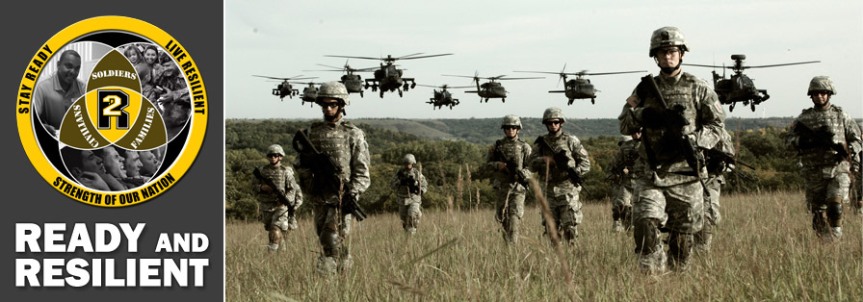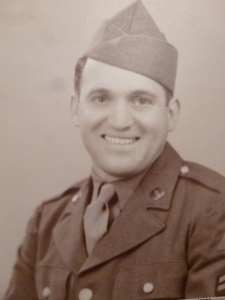
Walter Stewart (Guest Post)
Sleep tight tonight, America. At least some of the roughly one million soldiers of your Modern Volunteer Army (MOVAR, a dated acronym), part of the “finest fighting force in the history of the world,” remain awake.
A relative few are awake because they are in harm’s way. Sleep in “Indian Country,” as my gun platoon warriors called the Mekong Delta badlands in Vietnam, is difficult. More of our MOVAR troops are awake because of the harm their countrymen did to their bodies and minds by launching them on one of this nation’s many undeclared and therefore unwinnable wars – their restlessness will last a lifetime.
And then there are those awake breastfeeding infants or “expressing milk,” whatever that means.
It’s hard for this old soldier to get his mind around the concept of lactating troops and the realities of dealing with new Department of the Army guidance, such as “Non-restroom lactation areas must include a flat space where the soldier can rest her breast pump.” It’s even harder to fathom how lactating “Ranger Janes” can be anything but a drag on the common defense.
Regarding the common defense, I observe that in my pre-MOVAR days there were more than enough America males to fill the ranks of a far larger army – and from a national population roughly half what it is now. Countrymen, what happened to turn so many of us boys to beating the war drums while hiding behind skirts? To borrow a term from Arnold Schwarzenegger, it’s as if “girly-men” have taken over to do nothing more than cheer the troops into battle while chugging one cup of “finest-military-ever” Kool-Aid after another. Too many of us, gentlemen, are pantywaists.
It wasn’t supposed to be this way. Throw enough money at the MOVAR, promised big government facilitator Alan Greenspan, and more than enough quality males would enlist as servicemen. Regrettably, this bit of Greenspan happy talk wasn’t any better than his pre-meltdown assurance of bank health, so now, with the ordered opening of all service positions to females, we launch on a quest to flesh out service ranks with quality women, some nursing, some expressing.
Having led troops in war and peace, I’m trying to figure out how I would accomplish giving female soldiers time to express milk “with the intent to maintain physiological capability for lactation.” I’m not sure what that means, but if we’re at war can the noise of a lactation pump reveal friendly positions to the enemy? These questions, and more, need to be asked and answered. However, and with certainty, service seniors will just go along to get along.
That’s what I would do – go into survival mode. Take the pay, perks, pensions, and “thank you for your service” platitudes, while remembering Rudyard Kipling’s admonition to keep your head while all those about you are losing theirs.
Lactation station nation, that’s us, pumping pap to those so delusional as to believe that in the world of warriors, males and females are universally interchangeable.
Walter Stewart rose from a private in the army of regulars, reservists, and draftees raised to fight in Vietnam, to a major general serving with the thousands of citizen-soldiers of the 28th Infantry Division, Pennsylvania Army National Guard. Now retired, Stewart is a strong advocate for a citizen-military and a saner world.



